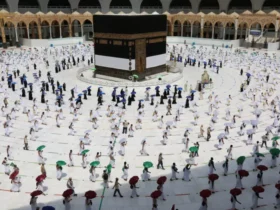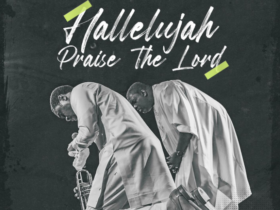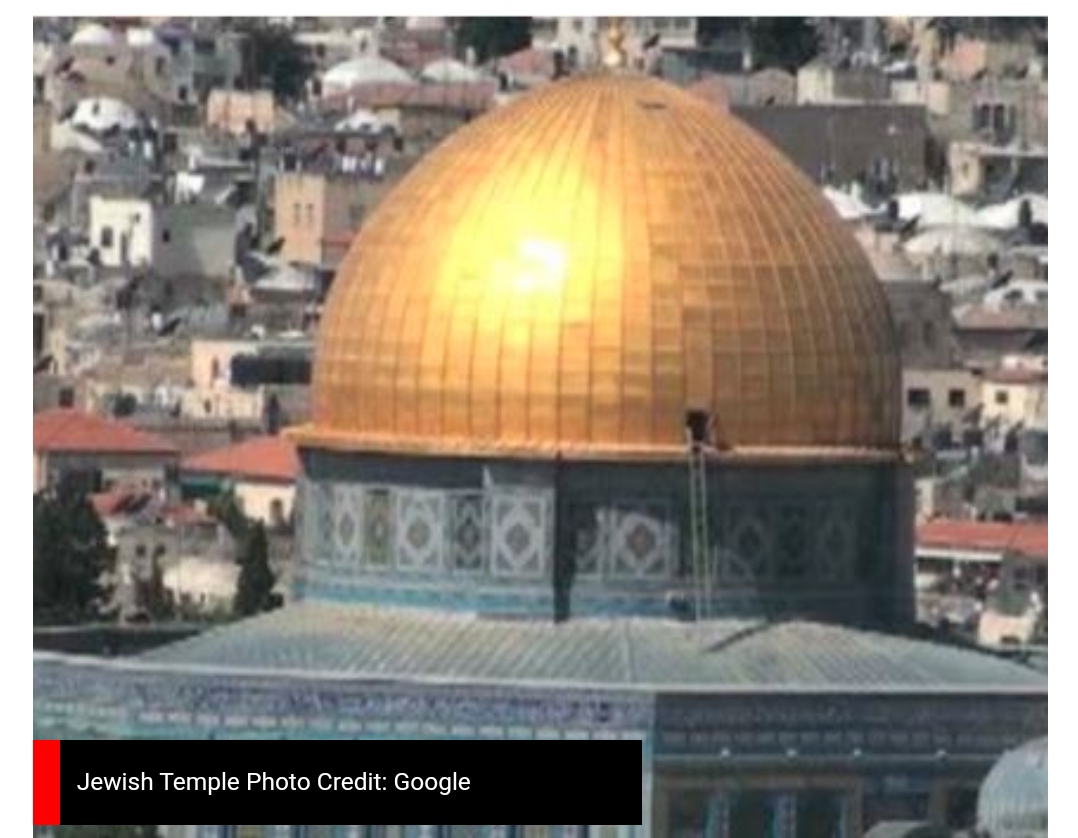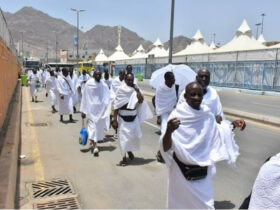Some nationalist Jews have declared their intentions to rebuild their temple in Jerusalem’s Old City, at the epicentre of Israeli-Palestinian tensions, using imported sacrificial cattle, ancient hymns, and growing support.
A group of choristers in a Tel Aviv suburb were preparing for the moment when they will celebrate the rebuilding of the Jewish temple some 2,000 years after its destruction, which they believe will hasten the coming of the Messiah.
However, for others, achieving their objective would greatly exacerbate tensions in the area of the Al-Aqsa mosque compound in east Jerusalem, which Israel has seized.
Jews have been “waiting” for the restoration of the temple for two millennia, according to chorister Shmuel Kam.
Members of the Orthodox Jewish community claim to be descended from the biblical Tribe of Levi, who sang hymns and played music at the holy site.
“When the temple will be built, we will ask the Levites to come sing and they won’t know. They have to learn,” said Menahem Rozenthal, director of the men-only choir created a few months ago by the Temple Institute.
The institute, which was founded in 1987, strives to recreate the temple by teaching choirs and clergy and creating artefacts for religious rites.
While apprentice choristers travel from all around Israel to learn old hymns, the Temple Institute has created all of the objects required for Jewish rites according to rabbinical rules.
These items include priestly robes, bread baking moulds, incense burners, and musical instruments.
The faithful have their sights set on the sprawling, tree-lined area in Jerusalem’s Old City.
The compound, known as Temple Mount to Jews and venerated as their holiest site, has for centuries contained Al-Aqsa mosque, Islam’s third most sacred location.
Those attempting to restore the temple recollect the ancient place of worship, which was destroyed during the Roman Empire in 70 AD.
According to Jewish legend, their first temple was demolished at the same spot in 586 BC by then-ruler Nebuchadnezzar II.
“You can say whatever you want (about the Muslim presence), this was the place for Jews,” says Haim Berkovits, a 50-year-old third temple enthusiast.
He claims that Jewish prayer at the new temple is “just a matter of time.”
Berkovits is a member of Boneh Israel (“Building Israel”), an organisation dedicated to “bringing the redemption closer.”
Last year, Boneh Israel purchased five red heifers from the United States in order to expedite their desired redemption.
The goal is to sacrifice them and combine their ashes with water, creating a combination that will be used to brush anyone deemed impure — for example, those who have come into contact with a corpse — before ascending to the third temple.
The rare cows are important because the inability to complete this ritual is one of the reasons Israeli rabbinical authorities oppose Jewish visits to the Temple Mount.
Berkovits stated that the animals’ “return is a messianic sign” at a farm in northern Israel where they are inspected by vets and rabbis to guarantee that every single hair is red.
“We pamper them, we’re keeping them for the opportune moment,” he added.










Leave a Reply